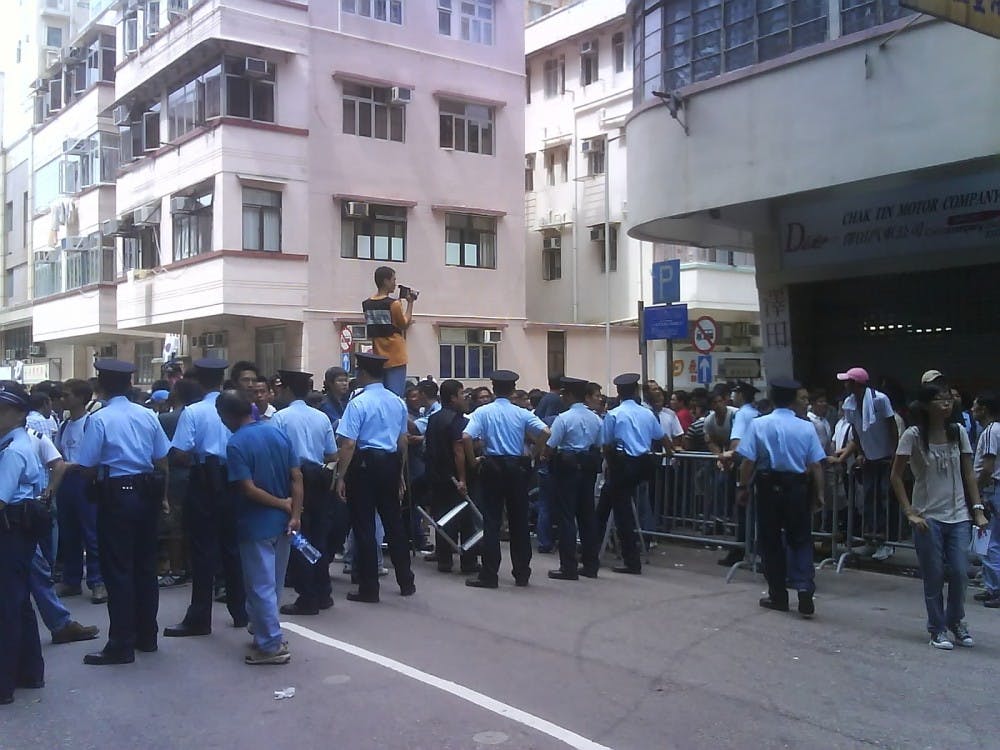By Joe Friedrichsen | Echo
China's legislature ruled Hong Kong candidates running for election must be approved by more than half of a special nominating body to be formed, the BBC reported on Sunday. The ruling said it would be in accordance with the existing 1,200-strong Election Committee, which is seen by many as controlled by pro-Beijing groups. This reality makes it nearly impossible for a democratic activist candidate to get on the ballot.
Following the decision to dismiss full democracy, scores of pro-democracy protesters have taken to the streets in opposition to the ruling, according to Reuters. During a tense stand-off at the entrance to a center where a Chinese official was explaining China's ruling, fighting broke out between pro-democracy activists and pro-establishment supporters. Police used pepper spray to quell the violence.
Reuters also reported that activists from a movement called Occupy Central threatened to lock down Hong Kong's financial district unless Beijing reversed its decision.
"Occupy Central is an illegal activity," said Li Fei, the deputy secretary general of China's National People's Congress (NPC) Standing Committee. "If we (China) give in, it will trigger more illegal activities."
Political reform has been a major source of contention in Hong Kong ever since the transfer of sovereignty from China. Debates included how and when the universal suffrage China promised is to be achieved.
Explaining the ruling, Fei said if Hong Kong lawmakers had voted against the package, governing the city-state would become much more difficult. He also pointed out the next leader of Hong Kong would not have been chosen by any form of popular vote but rather by a small committee as it had before.
The BBC notes most papers in China-including state-run Xinhua News Agency-gave the decision front-page coverage. Xinhua celebrates the decision, declaring it a historical moment in Hong Kong's democratic development.
Responding to criticism that the Hong Kong electoral system falls short of international standards, a China Daily editorial argues that the premature introduction of Western-style democracy into countries has never yielded the intended results.
"The sensible approach should be to advance democracy in a gradual and orderly manner as advised by the central government. Basic democratic rights and much less universal suffrage had been glaringly absent in the city's 150 years of colonial rule," the China Daily editorial reads.





